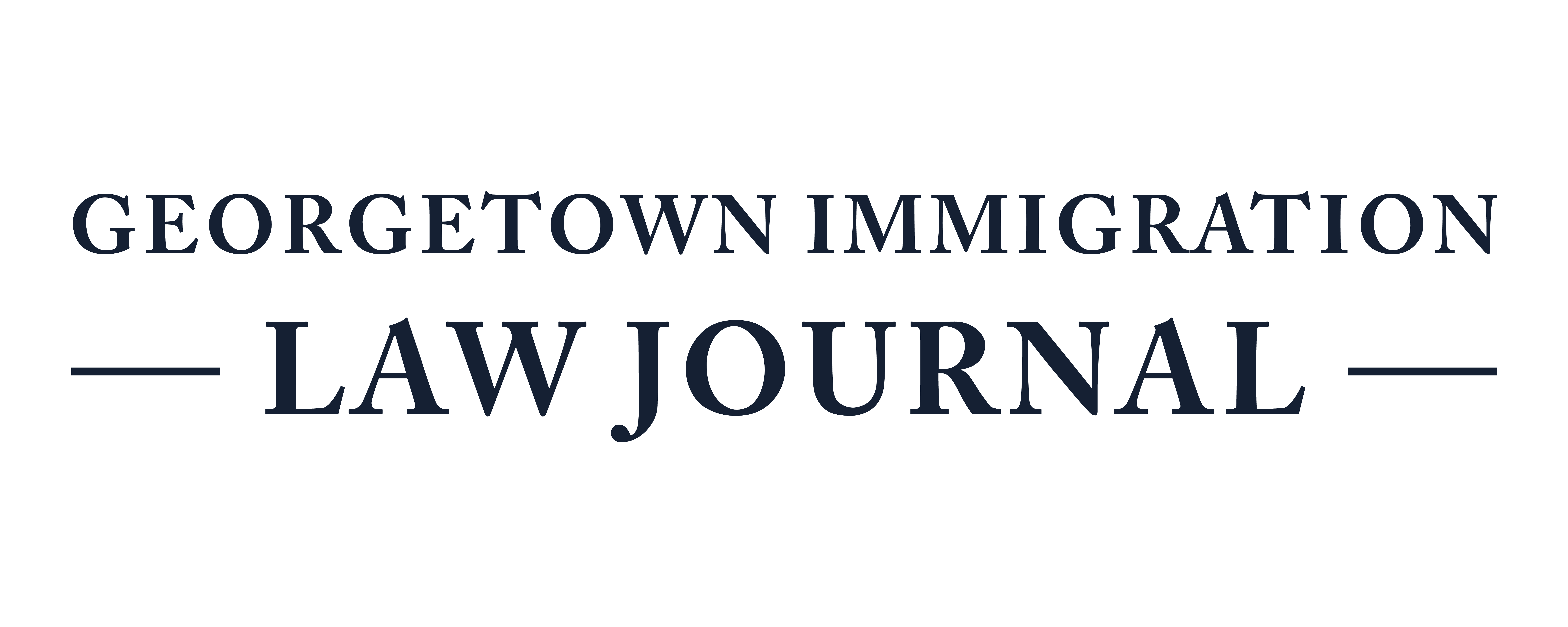Humanitarian Parole: A Tale of Two Crises
In 2021 and 2022, massive conflicts erupted in Afghanistan and Ukraine, prompting two wildly different responses by the United States to the resulting refugee flows. The United States turned to a temporary immigration status, humanitarian parole, to welcome both Afghan and Ukrainian refugees. Through a brand-new government program, Uniting for Ukraine, Americans everywhere rallied to host Ukrainian refugees who were swiftly granted parole at no cost. Meanwhile, the U.S. government ignored tens of thousands of Afghan applications for humanitarian parole and collected millions of dollars in fees from them. This Note explores the reasoning behind such troubling disparities. Some can be blamed on the logistical challenges to hosting an extensive parole program that are present in Afghanistan but not Ukraine. Two other justifications for Afghans’ dismal access to humanitarian parole are contemplated: 1) a greater sense of U.S. responsibility for the Russo-Ukrainian War than the Taliban takeover in Afghanistan, and 2) national security concerns that Afghans, but not Ukrainians, present for the United States. However, this Note finds that neither of these justifications fully accounts for the United States’ deliberate failure to protect Afghans while simultaneously opening its arms to Ukrainians. Instead, this Note argues that this failure by the United States is fueled by the government’s resistance to multiculturalism and specifically, nonwhite Muslim immigrants. Ignoring Afghans’ applications for parole while championing Ukrainians’ reflects the U.S. government’s fear of Afghanistan’s non-Western culture and desire to exclude it from the country.
Continue Reading Humanitarian Parole: A Tale of Two Crises
GT-GILJ230015 Subscribe to GILJ
